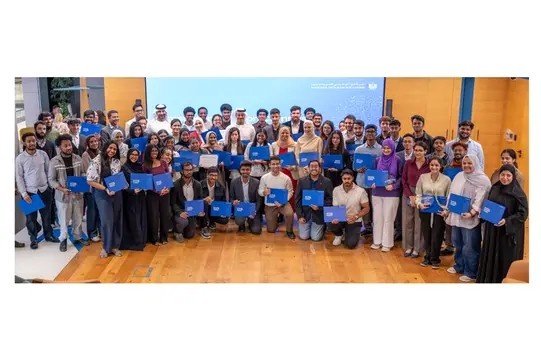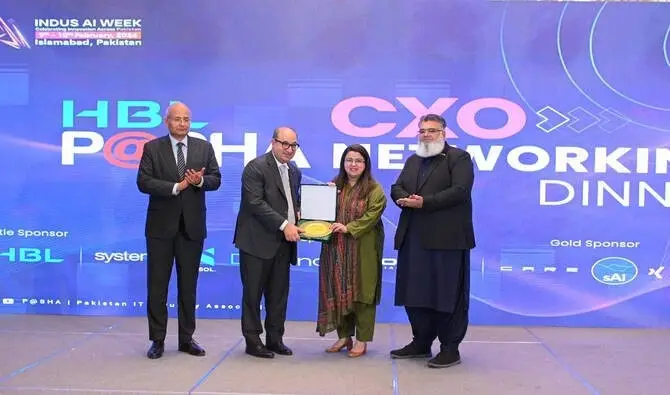As Middle Eastern countries look to diversify their oil-dependent economies, Korean tech giants, including Samsung Electronics and Taiwan Semiconductor Manufacturing Co. (TSMC), are exploring opportunities to expand their operations in the region. A recent report by the Wall Street Journal indicated that these leading chipmakers are considering establishing semiconductor manufacturing facilities in the United Arab Emirates, potentially investing over $100 billion collectively.
Although still in preliminary stages, these discussions reflect a growing interest in developing cutting-edge industrial capacities in the UAE. Despite some skepticism due to regional environmental challenges, such as the need for superclean water for silicon wafer processing, the potential for collaboration, particularly in AI technology, remains high.
Korea’s well-regarded capabilities in various industries position it favorably as a partner. According to Lee Kyoung-jun, a business professor at Kyung Hee University specializing in AI and big data, “Korea offers reasonable prices, good quality, and a strong reputation for meeting deadlines,” making it an attractive alternative to other global powers.
The Middle East is enthusiastic about leading the AI-driven fourth industrial revolution, with countries like the UAE and Saudi Arabia showing stable investment climates due to consistent governance. The Saudi Public Investment Fund and UAE’s Mubadala and Abu Dhabi Investment Authority are making significant investments in technology, signaling robust growth prospects for foreign tech firms.
Korean companies are seizing these opportunities, with IT giants and AI startups establishing a stronger presence in the region. Naver, for instance, recently announced the opening of Naver Arabia in Saudi Arabia to manage its operations and collaborate on national technology projects.
This engagement is part of a broader strategy by Middle Eastern nations to reduce their economic reliance on oil and gas, with Saudi Arabia projecting that AI could contribute significantly to its GDP by 2030. Collaborations in supercomputing, AI, and digital infrastructure development between Korean startups and major regional companies like Aramco are indicative of this trend.
In summary, as the Middle East strives to enhance its technological and economic landscape, Korean tech firms are positioning themselves as key players in the region’s ambitious digital transformation initiatives.














